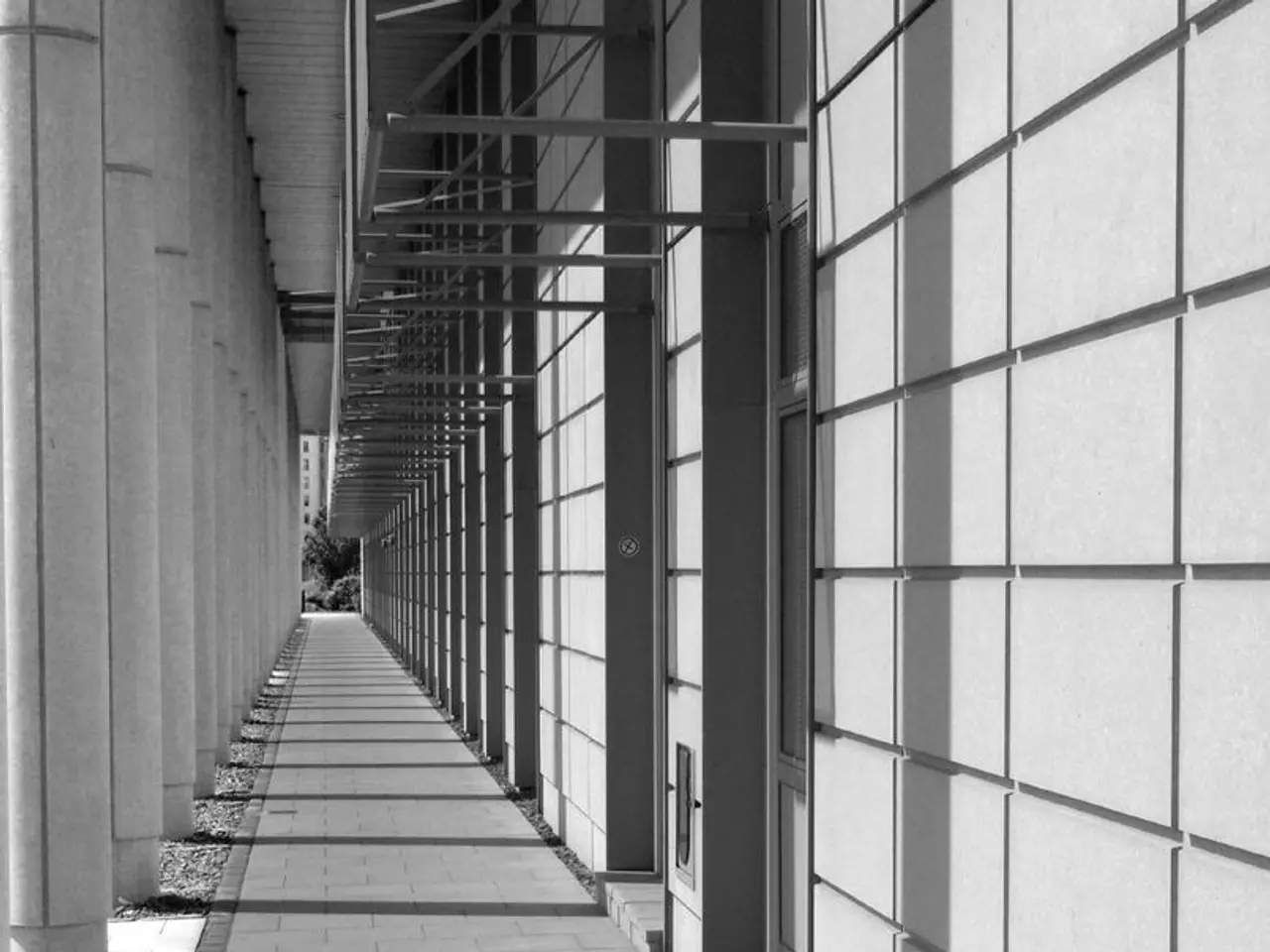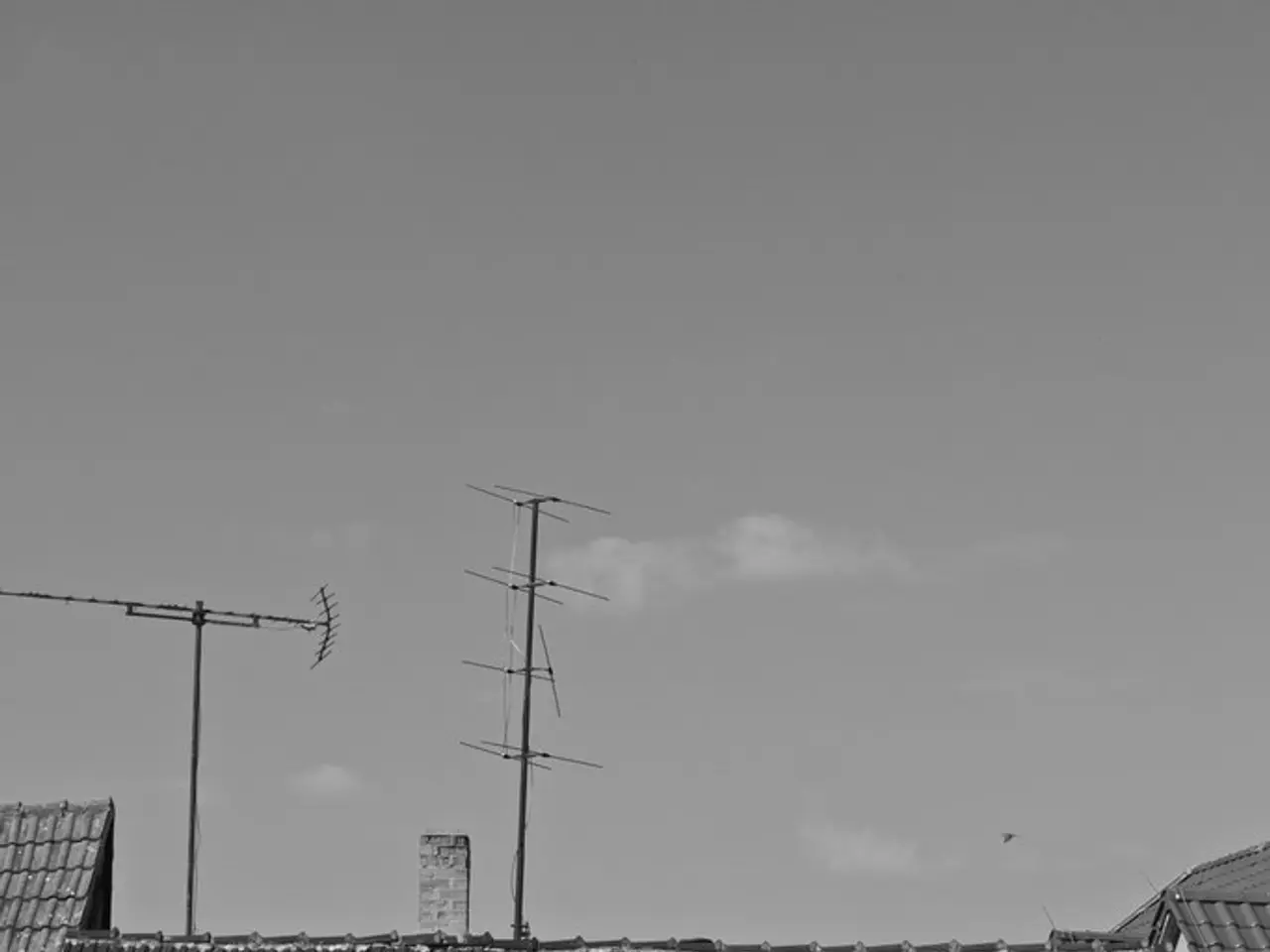military intervention by Israel in Lebanon's southern region, targeting the militant group Hezbollah
In a potential escalation of ongoing hostilities, the Israeli military launched "special, targeted operations" inside southern Lebanon on Wednesday, marking a significant breach of the U.S.-brokered ceasefire agreement reached last November.
The Israeli Defence Forces (IDF) troops crossed into Lebanese territory overnight, with the 9th Brigade and 300th Brigade leading the operations. The incursion targeted Hezbollah infrastructure in the Labbouneh and Jabal Blat areas, both near the Israeli-Lebanese border.
The latest ground operation is part of increased Israeli military activity in Lebanon, which has also included regular airstrikes across the country, including multiple attacks on Beirut. These actions have escalated tensions since Israel has not fulfilled its obligation to withdraw from positions it occupies in southern Lebanon, as required by the ceasefire agreement.
The ceasefire remains officially in place but is undermined by ongoing Israeli air and ground operations, which violate the agreement. The Lebanese government and Hezbollah maintain that most of the area south of the Litani River has already been disarmed, contrasting with Israel's position.
Hezbollah had agreed to hand over a significant portion of its military posts and weapons south of the Litani River to the Lebanese state, with Lebanese forces dismantling over 500 Hezbollah military sites in that area. However, Israel demands complete Hezbollah disarmament before withdrawing, a demand rejected by Hezbollah and the Lebanese government, who insist Israel must first withdraw fully and release Lebanese detainees.
Lebanese President Joseph Aoun has repeatedly called on the U.S. and Israel to halt military actions inside Lebanon and honor the ceasefire agreement. However, his appeals have so far gone unanswered. The lack of effective international pressure on Israel has allowed it to continue operations despite the truce.
Civilian casualties and destruction of residential buildings during Israeli airstrikes have drawn international concern. The move represents a significant development in the fragile standoff between Israel and the Iranian-backed militant group.
The UN Security Council is expected to be briefed soon on the implementation of resolution 1701, which underpins the ceasefire framework requiring cessation of hostilities and Israeli withdrawal south of the Blue Line, with Lebanese Armed Forces deploying south of the Litani River. The current situation is volatile, with stalled mutual compliance and ongoing diplomatic efforts aimed at a more lasting resolution.
As Hezbollah's posture in Lebanon appears to be weakening, the future of the ceasefire and the broader Middle East remains uncertain. The international community will be closely watching developments as both Israel and Hezbollah dig in for what could be a prolonged standoff.
- The escalation of war-and-conflicts between Israel and Hezbollah in the Middle East has also triggered concern in the general-news sector, with politics playing a significant role in determining the course of the conflict.
- Amidst increased military activity, the health and well-being of civilians in the region are at risk, as Israeli operations have resulted in civilian casualties and destruction of residential buildings.
- In the midst of these hostilities, business interests are affected, with uncertainty surrounding the future of the ceasefire and the broader Middle East impacting economic stability in the region.






